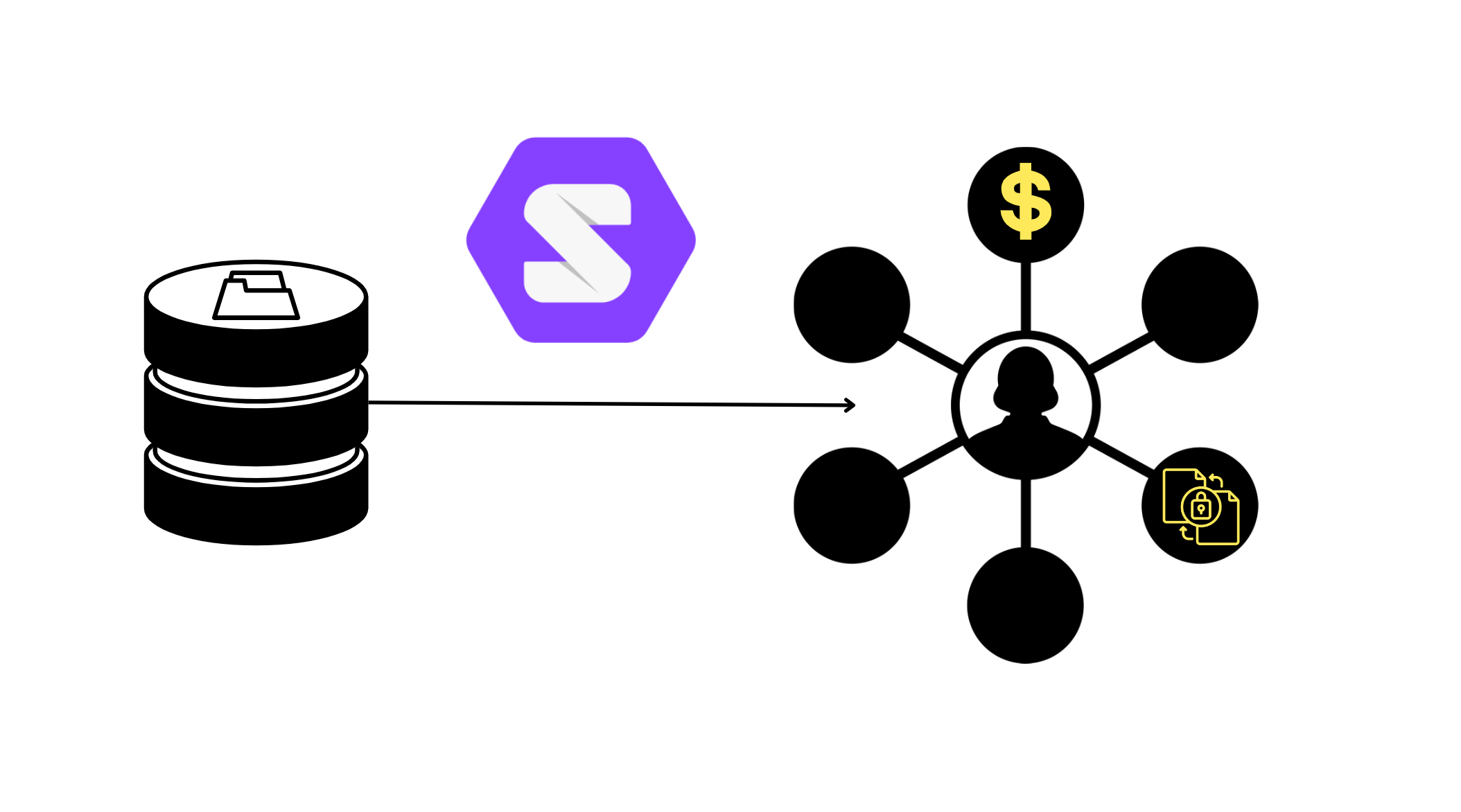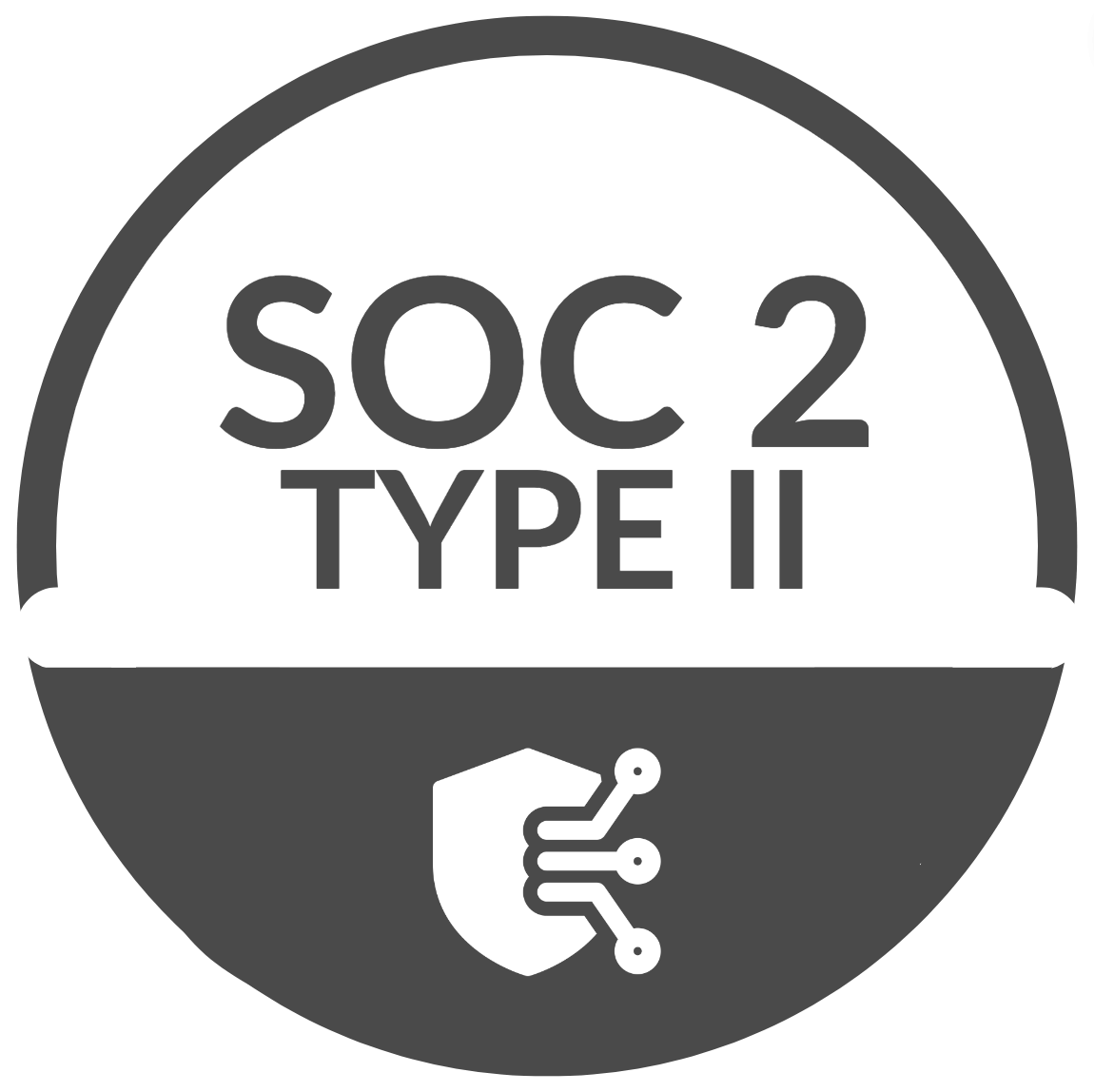
Smesh
April 11, 2023
Protecting Your Privacy and Securing Your Data with Solid

In today’s digital world, online privacy has become a crucial concern for users worldwide. With the constant sharing of personal information online, individuals’ personal data is at a higher risk of being hacked or misused. In this article, we will discuss the importance of online privacy and Solid, a standard that allows users to own and control access to their data.
Imagine that you wake up one morning and log in to your social media account, only to find that all of your personal information has been leaked. Your name, address, phone number, email, and even your credit card information are now available to anyone on the internet. You feel violated and helpless, wondering how this could have happened to you.
This scenario is not uncommon in the current world. With the increasing use of social media, online shopping, and cloud computing, personal information is more vulnerable than ever. But how can individuals protect themselves from such a privacy breach?
This is where the Solid standard comes in. Developed by Sir Tim Berners-Lee, the inventor of the World Wide Web, Solid is an open-source platform that allows users to store their personal data in a decentralized server called a “pod.” By owning their data, users can control who can access it and prevent it from being exploited by third parties.
The Solid standard is built on four pillars, which are:
-
Decentralization: Solid allows users to store their personal data in a decentralized server called a “pod.” This means that the data is not stored in a central location or controlled by a single entity, but instead is distributed across multiple servers. Decentralization ensures that users have full control over their data and can prevent it from being exploited by third parties.
-
Linked Data: Linked Data is a web technology that allows data to be connected and integrated from different sources. Solid uses Linked Data to create a decentralized network of interconnected data, enabling users to access and share their data across multiple platforms.
-
Data ownership and control: With Solid, users own and control their data, meaning they can decide who can access it, what data can be shared, and how it can be used. This ensures that users have complete control over their personal information and can prevent it from being exploited by third parties.
-
Interoperability: Solid is designed to be interoperable with existing web technologies, making it easy for developers to integrate Solid into their applications. Interoperability ensures that Solid can be used across multiple platforms and that users can access and control their data from a variety of devices and applications.
Let’s take an example of a healthcare provider who uses Solid to store patients’ medical records. The provider can give patients control over who can access their data and what data can be shared. Patients can choose to share their data with specific healthcare professionals and can revoke access at any time. This can help prevent medical identity theft and improve the quality of care.
Similarly, financial institutions can use Solid to store customers’ financial data and allow customers to control who can access their data. Customers can decide what data to share and how it can be used. This can help prevent financial fraud and improve the customer experience.
Similarly, online fitness application that uses Solid to store users’ workout and health data. The application can integrate Solid by allowing users to create a pod where they can store their personal data. Users can then give the application permission to access their data and use it to provide personalized workout plans and health insights.
Applications can adopt the Solid standard by integrating it into their systems. For example, an online shopping website can allow users to store their personal and payment information in a Solid pod. Users can then choose to share their data with the website and can revoke access at any time. This can help prevent credit card fraud and protect users’ personal information.
With Solid, users have complete control over their data, including the ability to revoke access at any time. But what if the users want to monetize their data and earn from it instead of the application monetizing it? Solid also provides a solution for this. Users can choose to share their data with third-party applications, researchers, or organizations and earn revenue in return. For example, a research organization may want access to users’ health data for research purposes and can pay users for sharing their data.
By allowing users to monetize their data, Solid empowers them to take control of their personal information and earn from it instead of large organizations monetizing it. This creates a fairer and more transparent data economy, where users have more control over their data and can benefit from it.
An example of such a platform that’s interoperable with Solid is idPOD. idPOD intends to be an AI driven privacy-first solution that will help users create, manage, share, and monetize their data. And they have partnered with us for their authentication and payments needs.



